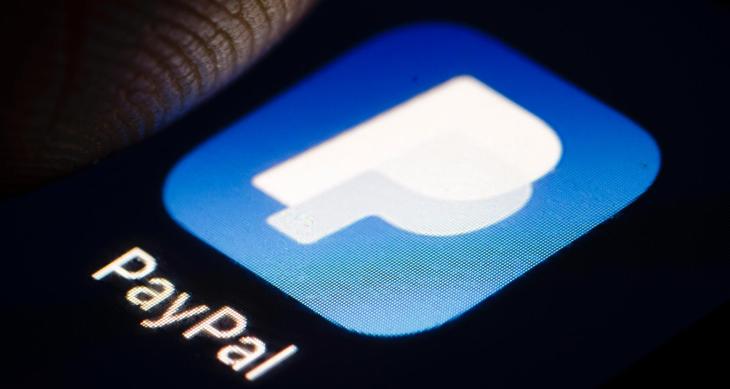PayPal rolls out support for passkeys on Apple devices • TechCrunch

PayPal is making it easier to log in to its services — if you’re an Apple device user, that is. The payments giant today announced that it’s adding passkeys as a log in method for PayPal accounts, allowing iPhone, iPad and Mac users on PayPal.com to sign in without using a password.
Passkeys are a relatively new industry standard created by the FIDO Alliance and the World Wide Web Consortium — in partnership with Apple, Google and Microsoft — that are designed to replace passwords with bits of data called cryptographic key pairs. (To make matters somewhat confusing, Apple announced its own version of the passkey standard called Passkey in June.) The pairs consist of a public key stored in the cloud and a private key stored locally on users’ devices, separated to ensure that a compromised server won’t give an attacker access to account credentials.
Passkeys have the added benefit of supporting a range of authentication techniques including fingerprint scanning, face recognition, PIN codes and even swipe patterns. One downside is that, because passkeys reside on local devices, it can be harder to log into an app or service with them if you’re using someone else’s phone or laptop. But in this way, passkeys are undeniably more secure than your typical password.

Image Credits: PayPal
With PayPal, Apple device users running iOS 16, iPadOS 16.1 or macOS Ventura can create a passkey by logging into the PayPal website on desktop or mobile, typing their username and password and selecting the “Create a passkey” option. They’ll be prompted to authenticate with Apple Face ID or Touch ID to create the passkey, which will then be synced with Apple’s iCloud Keychain service.
Users with devices that don’t support passkeys can still tap an iPhone to log in with a PayPal passkey, but they’ll have to scan a QR code that appears after they enter their username.
PayPal passkeys begin rolling out today for users in the U.S. Passkeys will become available in additional countries starting early in 2023, PayPal says, and on platforms beyond iOS, iPadOS and macOS “as they add support for passkeys.”






